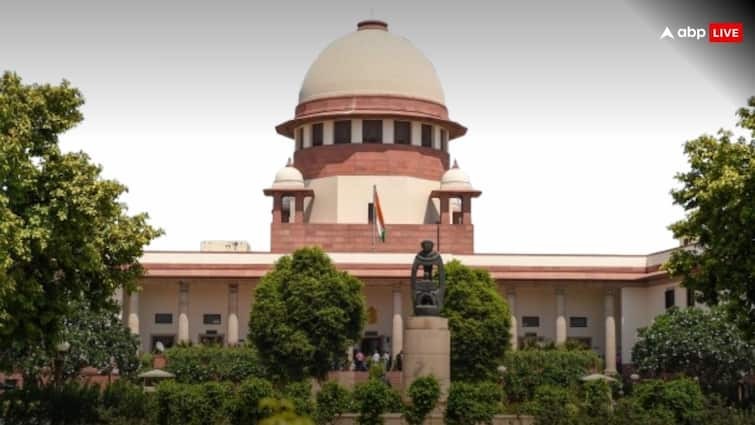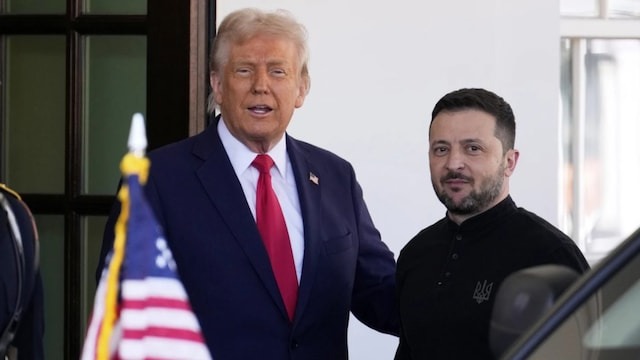
The Central Government on Wednesday opposed a plea in the Supreme Court seeking a lifetime ban on convicted politicians, arguing that such a decision falls solely within the jurisdiction of Parliament.
What Did the Centre Say?
In an affidavit filed in the Supreme Court, the Centre stated:
The plea amounts to rewriting the law or directing Parliament to frame legislation, which is beyond the powers of judicial review.
Deciding on a lifetime ban is the sole domain of Parliament and cannot be dictated by the courts.
Existing laws already ensure deterrence by imposing a time-limited penalty, balancing punishment with fairness.
“By confining the penalty to an appropriate length of time, deterrence is ensured while undue harshness is avoided.”
Current Law on Politician Disqualification
The Representation of the People Act, 1951 under Section 8(1) states:
A convicted politician is disqualified for six years from the date of conviction.
If sentenced to imprisonment, the six-year ban starts after release.
Key Argument by the Centre:
- Time-limited penalties are not unconstitutional.
- Penalties must have a limit, either by duration or severity, which is a well-established legal principle.
The Plea & Its Demands
The petition, filed by advocate Ashwini Kumar Upadhyay, seeks:
A lifetime ban on convicted politicians from contesting elections.
Faster disposal of criminal cases against MPs and MLAs.
However, the Centre pointed out that courts cannot question legislative choices or decide if one option is more effective than another.
What’s Next?
The Supreme Court will now decide whether to intervene or leave the matter to Parliament’s discretion.
The debate raises important questions about criminalization in politics and the balance between punishment and rehabilitation.

 Desk
Desk Share
Share

_939839210.jpg)




